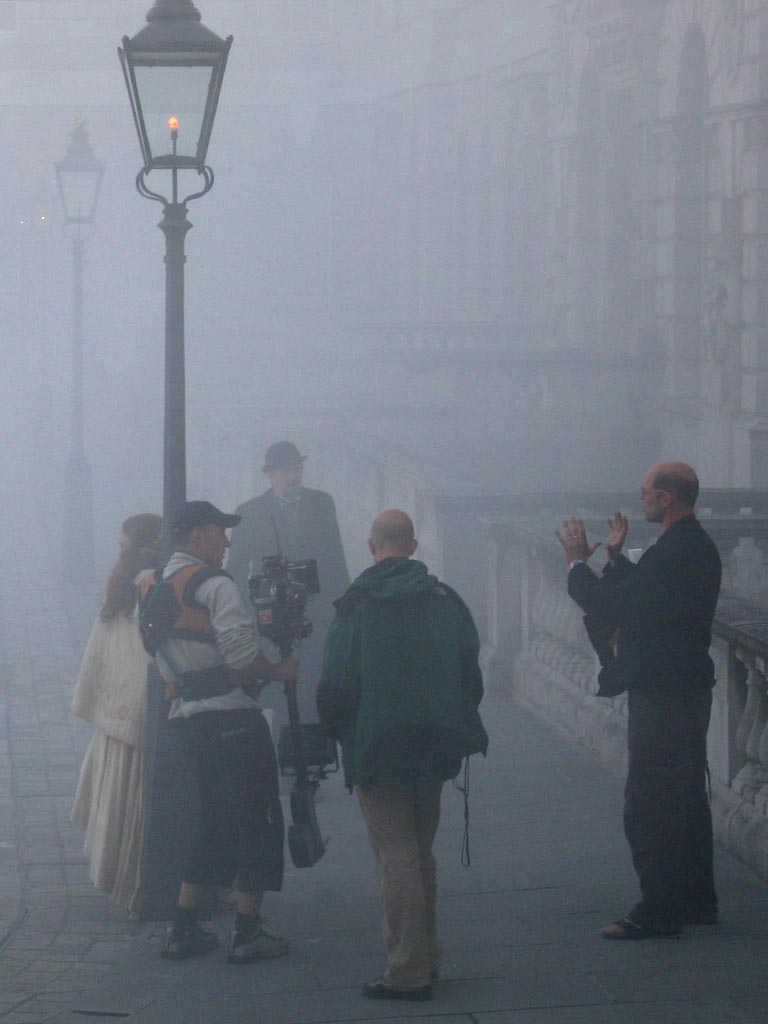Key Takeaways: Exploring the Role and Journey of a Film Director
- Artistic Vision and Leadership: Film directors are pivotal in shaping a film’s artistic and dramatic aspects, guiding the screenplay to realization.
- Diverse Career Paths: Many directors evolve from roles like screenwriters, actors, or cinematographers, with some attending film school.
- Technical and Artistic Oversight: Directors manage both the artistic and technical elements of film production, demanding excellent communication and leadership skills.
- Post-Production Involvement: Directors work closely with editors in post-production, often having the final say on the film’s edit.
- Auteur Theory: Under this concept, directors are viewed as the authors of their films, imprinting their unique creative vision.
- Education and Compensation: Film school education varies, and director compensation ranges widely, reflecting experience and industry reputation.
- Gender Disparities: The industry shows a higher number of male directors, with ongoing efforts to address this imbalance.
The Art and Craft of Film Directing: A Comprehensive Guide
Film directing is an art form that combines creative vision, technical expertise, and leadership. It involves overseeing the artistic and dramatic aspects of film production, translating a screenplay into a captivating visual story. This role is not just about calling the shots on set; it’s about being the driving force behind a film’s conception, development, and execution.
The Journey to Becoming a Film Director
Varied Beginnings
Directors come from diverse backgrounds. Many start in other film industry roles, such as screenwriting, cinematography, or acting. Some directors pave their way through film school, learning the intricacies of the craft in academic settings.
Education and Training
Film schools offer a structured approach, teaching everything from shot composition to script analysis. However, many successful directors have also honed their skills through hands-on experience, learning on the job and gradually working their way up.
The Director’s Toolbox: Skills and Responsibilities
Vision and Leadership
A director’s primary responsibility is to envision how a script can be brought to life. This involves making key decisions on casting, production design, and the overall style and tone of the film.
Technical Expertise
Directors must understand the technical aspects of filmmaking, including camera work, lighting, and editing. This knowledge is crucial for effective communication with department heads and ensuring the film’s vision is accurately captured.
Communication and Collaboration
Effective communication is vital. Directors must articulate their vision to the cast and crew, ensuring everyone works harmoniously towards a shared goal. They also need to manage differing creative perspectives and resolve conflicts.
Challenges and Rewards
Stress and Demands
Directing is a high-pressure job, often involving long hours and the challenge of maintaining creative control under budgetary and time constraints.
Recognition and Compensation
While financial compensation for directors can vary greatly, the role also offers immense creative satisfaction. Recognition in the industry, through awards and critical acclaim, can be significant career milestones.
Gender Disparity in Directing
The film industry has historically been male-dominated, particularly in directorial roles. However, there’s a growing awareness and effort to bring more women into directing, reflecting a more diverse range of voices and perspectives.
Conclusion: The Director’s Unique Voice
Film directors are the architects of storytelling in cinema. Their unique vision and dedication to the craft play a crucial role in bringing memorable stories to life on the screen. The journey to becoming a director might vary, but the impact of a director’s creative vision is undeniable in the world of filmmaking.
Suggested SEO Titles:
- “Mastering the Art of Film Directing: Skills, Challenges, and Career Insights”
- “The Director’s Chair: Navigating the Creative and Technical Aspects of Filmmaking”
- “From Script to Screen: The Integral Role of a Film Director”
Excerpts:
- “Explore the multifaceted role of a film director, delving into the skills, challenges, and pathways that shape this pivotal position in the film industry.”
- “Uncover the journey of film directors, from their diverse beginnings to mastering the art of bringing a screenplay to life through creative vision and technical expertise.”
- “Discover the dynamic world of film directing, where artistic vision, technical knowledge, and leadership converge to create cinematic masterpieces.”
Frequently Asked Questions:
- What does a film director do?
A film director is responsible for the overall artistic and technical aspects of a film, guiding the crew and actors to realize a script’s vision. - How can one become a film director?
Many directors start in other film industry roles or attend film school, gradually gaining experience and skills in filmmaking. - Do film directors need technical knowledge?
Yes, directors must understand technical aspects like camera work and editing to effectively lead the production. - What are the challenges faced by film directors?
Directors often deal with long hours, budget constraints, and the stress of maintaining creative control. - Is film school necessary for becoming a director?
While beneficial, many successful directors have learned through hands-on experience instead of formal education. - How are film directors compensated?
Compensation varies widely, depending on experience, reputation, and the film’s budget. - What is the role of a director in post-production?
Directors collaborate with editors to shape the film’s final cut, aligning it with their vision. - Can directors influence the final edit of a film?
Established directors often have “final cut privilege”, but sometimes studios have the final say. - Why is there a gender disparity in film directing?
The industry has been historically male-dominated, but efforts are underway to bring more diversity. - What skills are essential for a film director?
Visionary leadership, technical knowledge, communication, and collaboration are key skills for a director.
